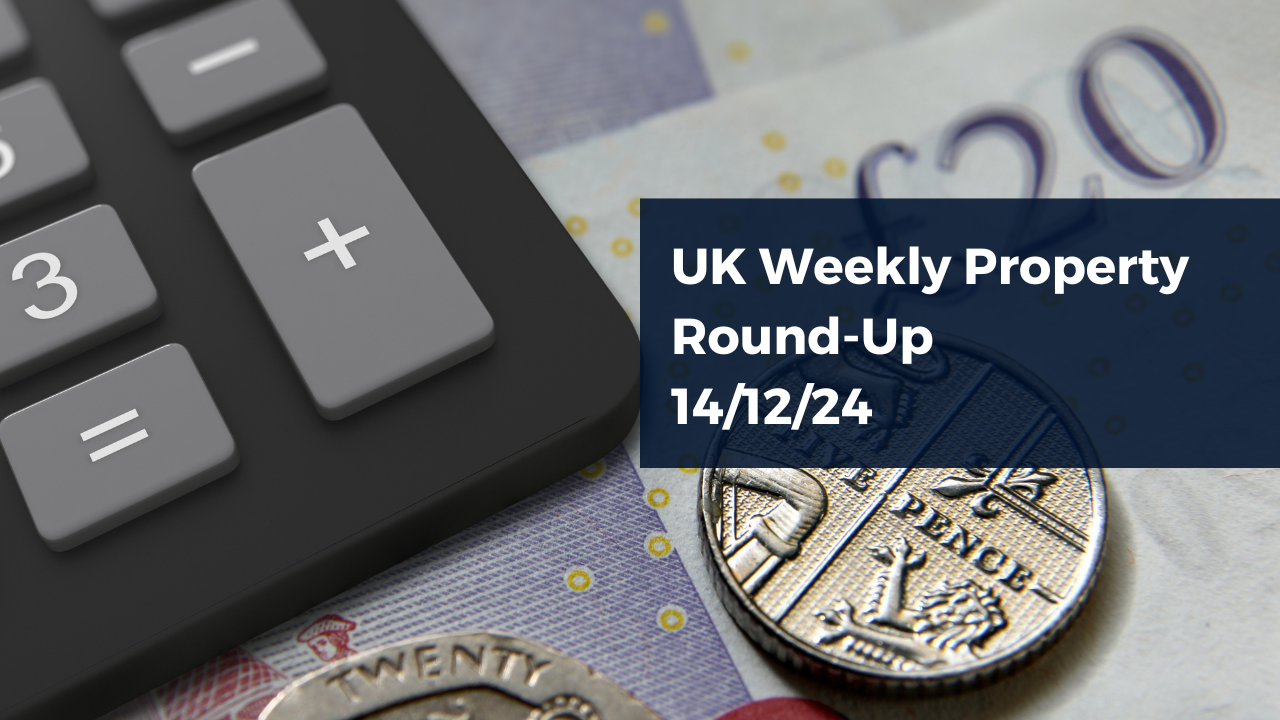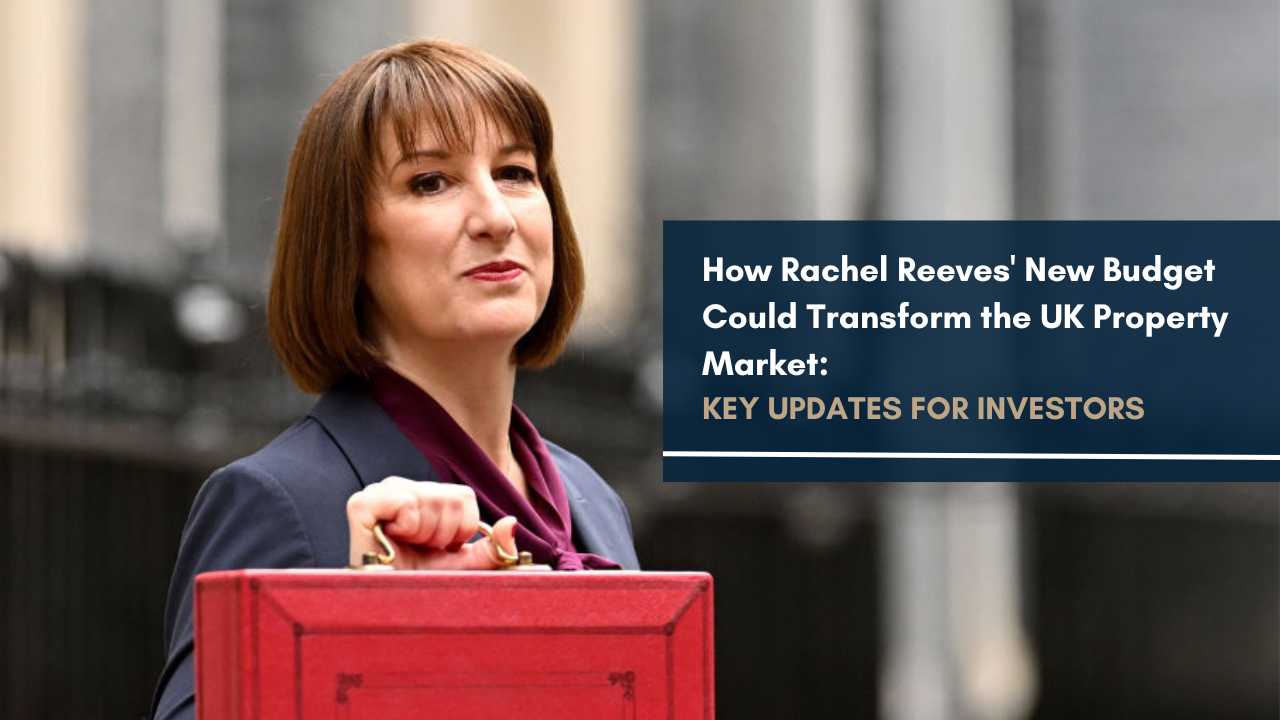Building a buy-to-let property portfolio has become a popular, and highly profitable, investment option for many. However, there may come a time when you want to cash in by selling your buy-to-let – perhaps to boost a retirement fund or following a particularly strong period of capital appreciation.
Or, you may simply wish to reduce the number of buy-to-let properties you manage, or even free up the cash to invest in other assets.
Whatever your reasons, we’ve put together this helpful guide that will show you everything you need to know about selling a buy-to-let property.
Is selling a buy-to-let property a good idea?
First, let’s ask ourselves if selling a buy-to-let property is a good idea or not.
After all, buy-to-lets can be an excellent source of additional income for their owners. On one hand, this should mean you won’t be short of buyers if the property runs profitably, but it does mean giving up a relatively passive income stream. But on the other hand, any loss in rental income should be outweighed by the lump sum you’ll receive from selling, with the property hopefully having increased in value since you purchased it (although keep in mind this leaves you open to Capital Gains Tax, more on this below).
So is selling a buy-to-let a good idea?
Truthfully, this will depend on your personal circumstances and goals.
For example, perhaps you want to grow your property portfolio but don’t have the cash to do so. Then, there’s an argument that selling one property may free up the cash to invest in others (especially if you’ve built up a lot of equity in the property or its value has increased substantially). In this case, your goal should be to maximise the returns on your buy-to-let while trying to cut down on the taxes and other expenses that you have to pay.
Another good reason to sell your buy-to-let property is to downsize your portfolio or retire from property investment. If you’re looking to downsize, you might just be tired of managing multiple properties, so you’ve arrived at the conclusion that selling a buy-to-let can help free up some time and effort that you can spend elsewhere.
Alternatively, you might think about selling your buy-to-let property because you want to get out of property investment. This is understandable if you’re retiring and want a lump sum payout, don’t think that the property industry is right for you, or are looking to invest in a new type of business or investment asset class.
At the end of the day, your personal circumstances and motivations should be taken into consideration when you’re thinking about selling a buy-to-let property.
Tax considerations when selling a buy-to-let
The primary tax consideration is that buy-to-let properties are subject to Capital Gains Tax upon disposal if you own the property personally. Capital Gains Tax is 28% of the gain made (i.e. the difference between what you paid and sold it for) for higher-rate taxpayers, and 18% for basic-rate taxpayers.
If you’re currently a basic-rate payer, then it’s possible that the gains from your buy-to-let property will push you into the next tax band.
Thankfully, everyone is entitled to a tax-free capital gains allowance. As long as you haven’t exceeded this, you won’t need to pay additional tax when selling your buy-to-let. However, most people that own a buy-to-let property will likely have exceeded this, but you only need to pay tax on the amount above your capital gains allowance, which could drastically reduce your expected tax payments.
If you own the property through a limited company, the rules are different. There’s no Capital Gains Tax due on selling the property, but the profits will be subject to Corporation Tax (19%). Then, any money you extract from the company will be subject to personal taxes, too, although there are tax-efficient options, so it’s worth speaking to your accountant.
Learn more about this topic: Buy-To-Let Taxes: An Overview
What if you still have a mortgage on the buy-to-let property?
If you still have a mortgage on your buy-to-let property, you can still sell it, but you may need to pay additional fees alongside the rest of the mortgage payments. This can be a lot of money if there are early repayment charges, especially if you’ve taken out a fixed-rate mortgage.
As such, it’s essential to consider the terms of your mortgage and the specifics around early repayments. Remember that this only applies if you’re still within your mortgage period, so it may be easier just to wait a bit longer if your mortgage is almost at an end.
Should you sell your buy-to-let with tenants or as a vacant property?
If your buy-to-let already has tenants, then it’s vital that you speak to them before you finalise any decisions. This is for several different reasons:
- It’s possible that your tenants may want to purchase the property.
- There are rules that prevent landlords from evicting tenants in order to sell.
- It can help to establish a smooth transition to the next landlord.
Communication is essential when you’re selling a buy-to-let property, so make sure your existing tenants are one of the first to know.
But should you sell while your tenants are still in the property, or should you consider waiting until it’s vacant first?
Selling buy-to-let with tenants (tenants in situ)
Selling with tenants means that you’ll be targeting other landlords who might appreciate not having to find tenants immediately. However, this does complicate the transition process and also means you’ll be limiting yourself to a target market of landlords. However, it can be a lucrative option if you can prove that the property is already generating a profit.
Selling buy-to-let as vacant
If you’re looking to open your property to a larger market then selling your buy-to-let as vacant is arguably the way to go. This attracts a much larger audience of potential buyers, which could also mean a higher selling price. However, there are procedures in place to safeguard tenants and prevent them from being immediately evicted once a landlord decides to sell. As such, communication is incredibly important and should be a priority.
The process of selling a buy-to-let
The process of selling a buy-to-let property is fairly simple. It starts with preparing your property by repairing and repainting it as much as you deem necessary.
If you still have tenants, you should speak to a solicitor about the legal process of either evicting or ending the tenancy (the easiest thing to do is line up your sale with the end of the tenancy, if you aren’t selling with tenants in situ). Naturally, you’ll also need a solicitor for completing the conveyancing, too.
You’ll also need to find a buyer. There are estate agents who specialise in selling buy-to-let properties, but you can use a standard estate agent too if you’re selling the property vacant. You may also wish to post in groups or forums for property investors and see if you can find a buyer that way.
Once you’ve found a buyer and negotiated a suitable offer, you’ll complete the legalities and contracts with your solicitors. Once this has been finalised, you can agree to the sale, complete it, and receive the money.
While there is a lot of paperwork involved, it can be made a lot simpler by keeping your documents organised and keeping in touch with your solicitor to help you make informed decisions.




































